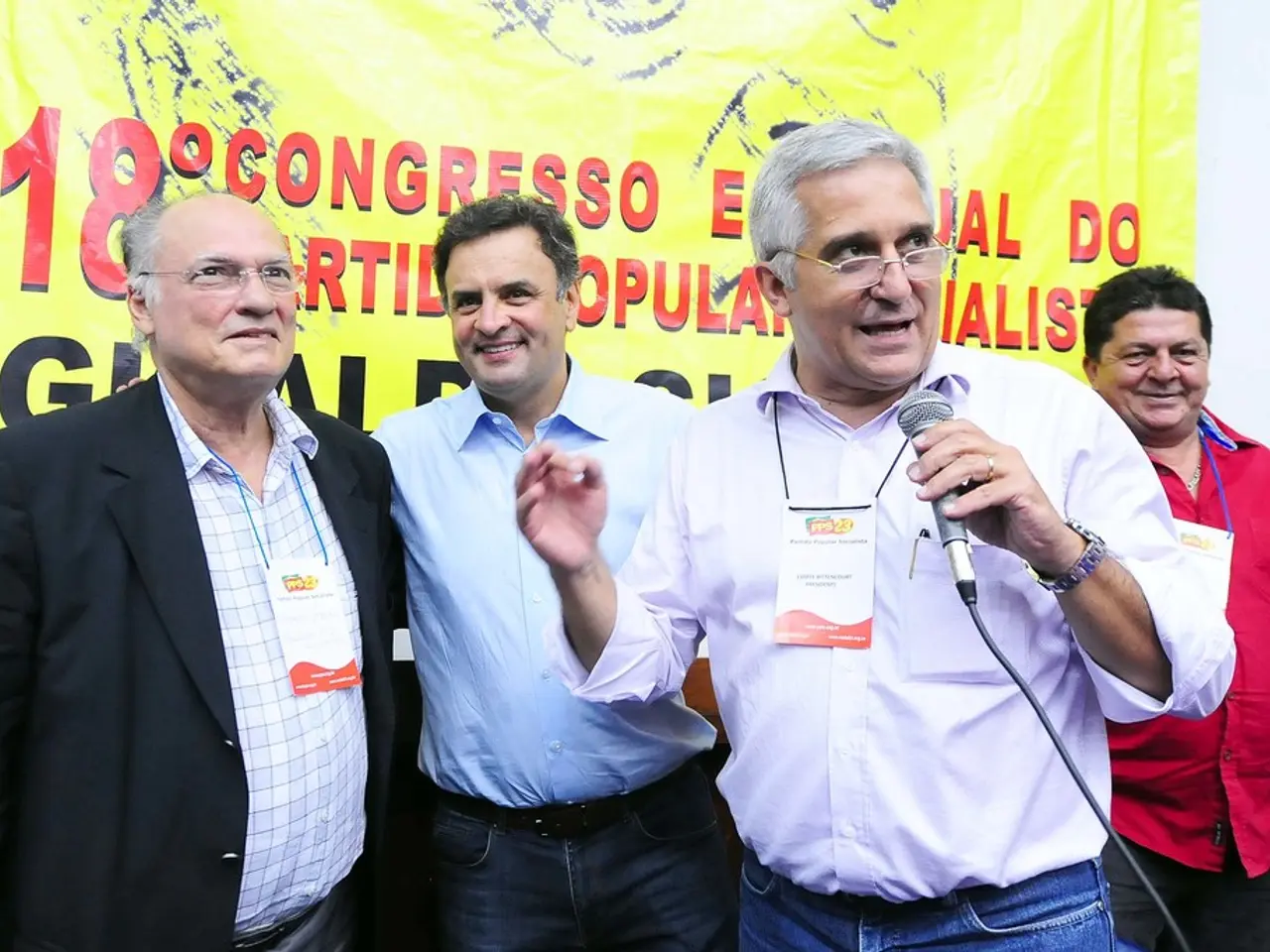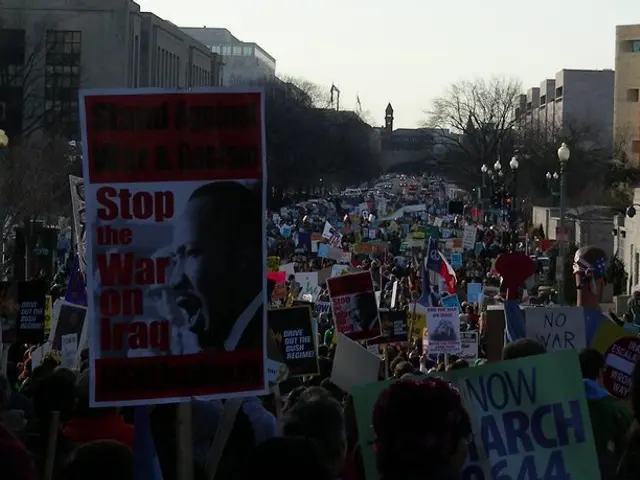Federal progressive states are devising strategies to bypass national labor laws
The National Labor Relations Board (NLRB), a federal agency responsible for overseeing labor-management relations in the private sector, is currently facing a quorum shortage, leading to concerns about the potential encroachment of state labor laws.
The Constitution grants most law enforcement matters to the states, but the federal government is authorised to regulate interstate commerce. This gives federal control of labor law a legitimate basis, given its frequent involvement in interstate commerce. However, the lack of a quorum at the NLRB could undermine this federal control.
President Trump has nominated Scott Mayer and James Murphy to serve on the NLRB, but the Senate Health, Education, Labor and Pensions Committee has yet to announce any hearings on these nominees. If confirmed, Mayer and Murphy would give the five-seat board a functioning quorum, though two seats would remain open.
Meanwhile, states are seizing the opportunity to expand their labor law agencies' powers. Democrat-leaning states, in particular, are using the NLRB's inability to act as an excuse to expand their own labor law agencies' roles.
One such example is California, where a bill, AB 288, allows private sector workers who petition the NLRB and don't get a response in a specified time frame to request the state's Public Employment Relations Board to step in and act in the NLRB's stead. The Teamsters, who represent many long-haul truckers and other sectors where work involves interstate commerce, are promoting this law.
New York has also recently signed a law that places private sector workers under the state's Labor Relations Act if the NLRB does not assert jurisdiction over any employer, employees, trades, or industries. The NLRB is challenging this New York law and is likely to challenge similar laws in other states if they are adopted.
Lorena Gonzalez, president of the California Labor Federation, stated that they would prefer reforms to federal labor law for the entire country, but cannot control the situation at the moment. She emphasised the need for a functioning quorum at the NLRB to help undermine state-level legislative efforts.
Allowing states to enforce different labor standards undermines the National Labor Relations Act (NLRA), which was meant to create a uniform standard across states and promote "labor peace" or amicable relations between workers and management. The commerce clause exception has been used by federal lawmakers to justify economic meddling, but labor law is one area where federal control is deemed legitimate.
If the Senate does not hold hearings in the near future, states may start encroaching on the government's role in labor policy, leading to a complex and confusing landscape of labor laws across the nation. It is crucial for the Senate to confirm the nominated members of the NLRB to restore a functioning quorum and maintain the uniformity and consistency of labor laws nationwide.
Read also:
- United States tariffs pose a threat to India, necessitating the recruitment of adept negotiators or strategists, similar to those who had influenced Trump's decisions.
- Weekly happenings in the German Federal Parliament (Bundestag)
- Southwest region's most popular posts, accompanied by an inquiry:
- Discussion between Putin and Trump in Alaska could potentially overshadow Ukraine's concerns








